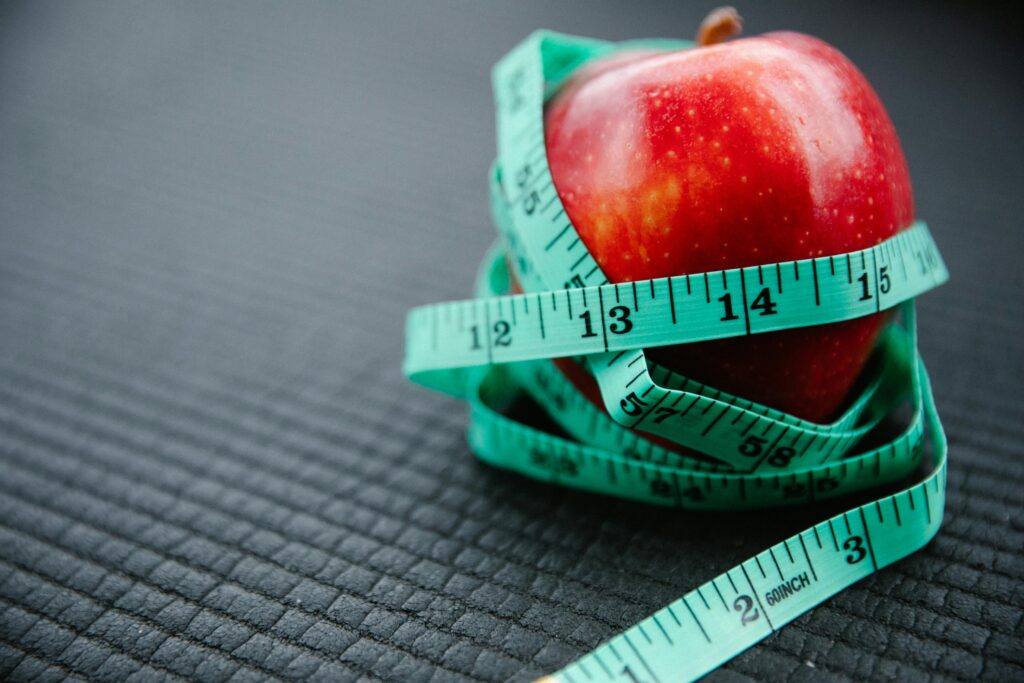How Many Calories Should You Eat? A Complete Guide to Daily Calorie Needs
Whether your goal is fat loss, muscle gain, or simply staying healthy, knowing how many calories you should eat is the first step. This guide explains the science behind calorie needs, shows you how to estimate yours in minutes, and gives actionable nutrition tips—all fully SEO‑optimized and 100 % original.
Calories 101: The Basics
- Calories are units of energy.
- Energy balance = Calories In (food & drink) – Calories Out (metabolism & activity).
- Calorie surplus ➜ weight gain; calorie deficit ➜ weight loss; calorie equilibrium ➜ maintenance.
Step 1: Estimate Your Basal Metabolic Rate (BMR)
BMR is the energy your body uses at rest. The Mifflin‑St Jeor equation is the most trusted:
For men
BMR = 10 × weight (kg) + 6.25 × height (cm) – 5 × age (y) + 5
For women
BMR = 10 × weight (kg) + 6.25 × height (cm) – 5 × age (y) – 161
Step 2: Add Your Activity Factor
| Activity Level | Multiplier | Typical Lifestyle |
|---|---|---|
| Sedentary | 1.2 | Desk job, little exercise |
| Lightly Active | 1.375 | Light exercise 1–3 days/week |
| Moderately Active | 1.55 | Moderate exercise 3–5 days/week |
| Very Active | 1.725 | Hard exercise 6–7 days/week |
| Super Active | 1.9 | Intense training + physical job |
Total Daily Energy Expenditure (TDEE) = BMR × Activity Factor.
Step 3: Adjust for Your Goal
- Fat loss: TDEE – 500 kcal (≈ 0.45 kg/1 lb loss per week)
- Muscle gain: TDEE + 250–500 kcal
- Maintenance: TDEE (no change)
Quick Example
- Person: 30‑year‑old woman, 65 kg, 165 cm, exercises 3×/week.
- BMR ≈ 10×65 + 6.25×165 – 5×30 – 161 = 1 400 kcal
- TDEE = 1 400 × 1.55 ≈ 2 170 kcal
- Weight‑loss target ➜ 2 170 – 500 ≈ 1 670 kcal/day
Macronutrient Split for Optimal Results
| Goal | Protein | Fat | Carbs |
|---|---|---|---|
| Fat Loss | 1.6–2.2 g/kg | 0.8–1 g/kg | Rest of calories |
| Muscle Gain | 1.6–2.2 g/kg | 0.8–1 g/kg | Remaining calories |
| Maintenance | 1.4–2 g/kg | 0.8–1 g/kg | Balance calories |
Practical Tips to Hit Your Calorie Target
- Track with an app (MyFitnessPal, Cronometer).
- Meal‑prep high‑protein, high‑fiber foods to stay full.
- Use a food scale for accuracy the first few weeks.
- Re‑evaluate every 4 weeks—plateaus mean you need to recalculate.
- Prioritize whole foods; limit sugary drinks and ultra‑processed snacks.
Common Myths Debunked
- Myth: All calories are equal.
Truth: Quality matters—protein boosts metabolism and satiety more than sugar. - Myth: You must eat 1 200 calories to lose weight.
Truth: Undereating can slow metabolism and cause nutrient deficiencies. - Myth: Skipping breakfast aids fat loss.
Truth: Total daily calories matter more than meal timing.
FAQs – Daily Calorie Intake
Q1. How often should I change my calorie goal?
Every time your weight shifts by ~5 %, or activity level changes.
Q2. Can calorie calculators be wrong?
Yes—metabolism varies. Treat calculations as a starting point and adjust based on real‑world results.
Q3. Do I need to count calories forever?
No. Tracking for a few months teaches portion sizes; later you can eat mindfully.
- Calculate BMR ➜ Apply activity factor ➜ Adjust for goal.
- Monitor progress and tweak calories every few weeks.
- Pair proper calories with balanced macros, strength training, quality sleep, and stress control for best results.
Ready to put this into action? Grab your calculator, set your daily calorie target, and start fueling your body the smart way today!





